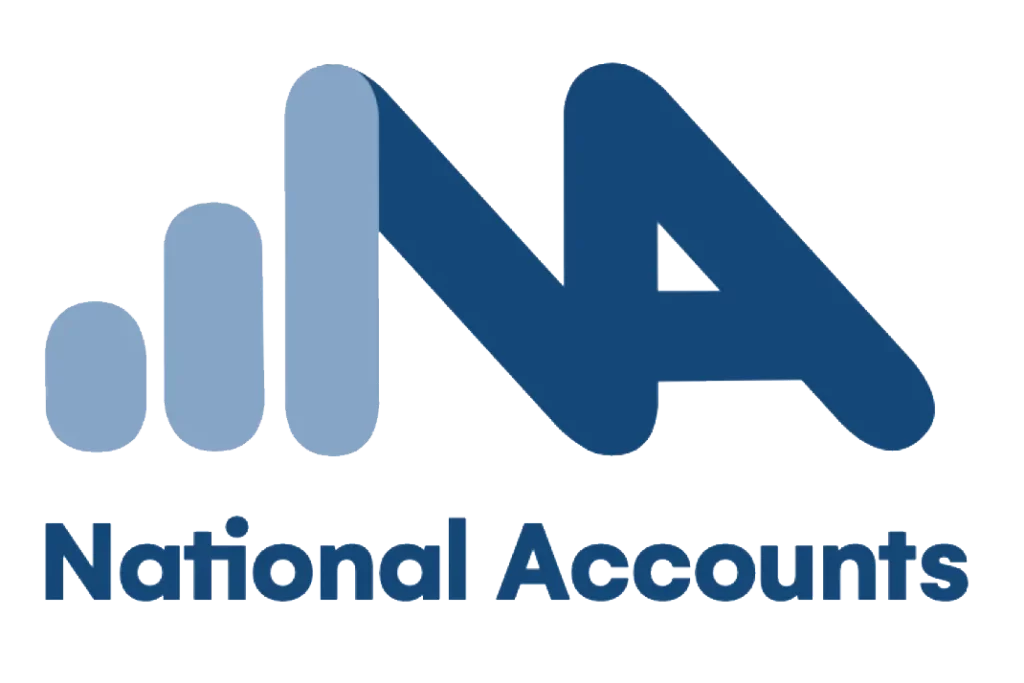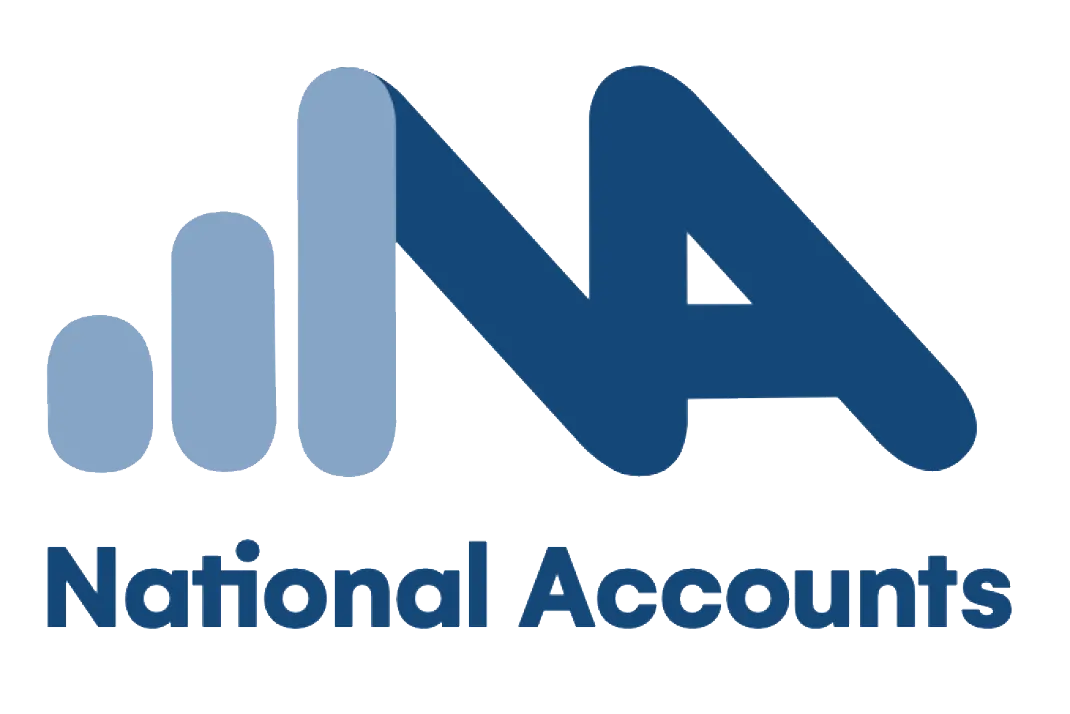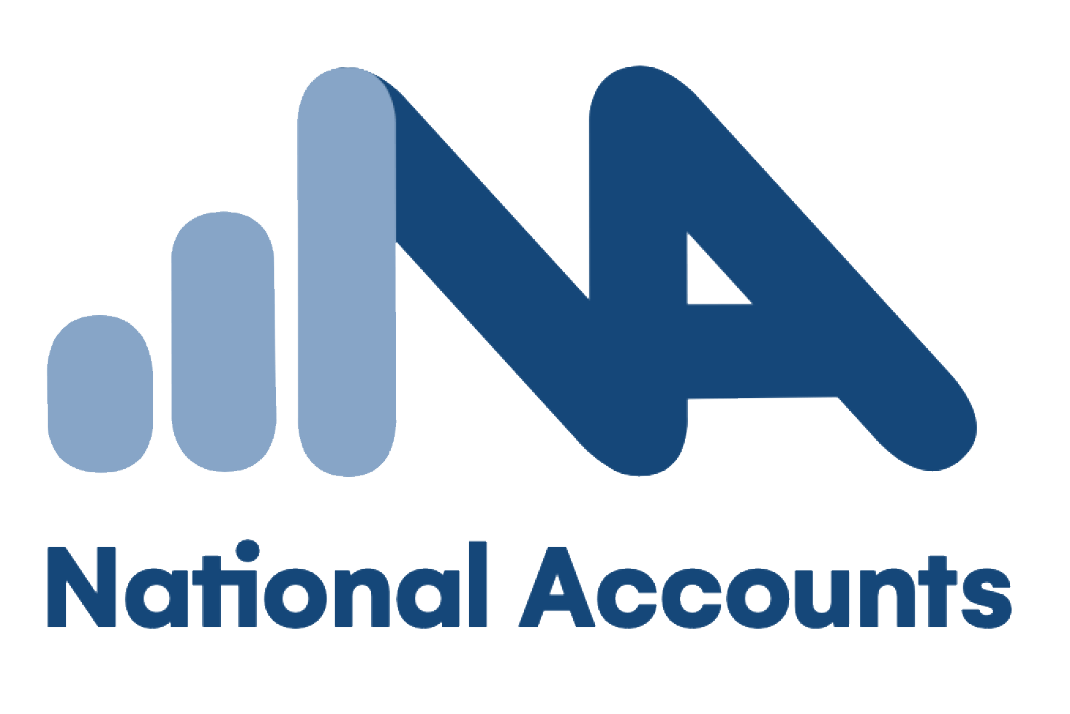Property investments have grown in popularity, especially commercial properties. The idea of using self-managed super funds or SMSFs to purchase properties is an attractive prospect for Australians. But what is an SMSF? Why is there a surge in popularity and demand in using it as a vehicle for investments?
An SMSF or a self-managed super fund is a private fund where Australians can manage their superannuation money on their own. It offers great investment and tax benefits to its members. Members have absolute power over their funds. Investing in any type of property using SMSF is great for both cash flow and capital growth. An SMSF can borrow money to fund a property purchase.
Purchasing a Property Using an SMSF
Purchasing a property using an SMSF requires guidelines that need to be complied with.
- The property must meet the “sole purpose test” of solely granting retirement benefits to fund members.
- The property must not be taken from any related party of a member.
- The property should not be lived in by a fund member or any related parties of the fund member.
- The property should not be rented by a fund member or any related parties of the fund member.If the fund wants to purchase a commercial property, they or related parties can release it as long as it is for business purposes only. Moreover, it should be leased according to the market rate and should follow the rules.
Borrowing Using an SMSF
Borrowing funds for property investments has quite strict financing conditions in an SMSF. A member can’t have unlimited funding when gearing their super. They should only acquire a single asset with a limited recourse borrowing arrangement. The investment strategy and profile of the fund should be consistent with the actual investment. A member should assess carefully their investment in this part.
SMSF Cost
Investing in properties is costly, and it is the same even with super. These properties will require fees that members should know how to deal with upfront.
The following are the cost that may reduce a trustees’ super balance:
- Upfront fees
- Legal fees
- Advice fees
- Stamp
- Ongoing property management fees
- Bank fees
- Accounting Fees
- Compliance Fees
These charges are unavoidable, but when handled in the right way, they will benefit the members.
SMSF and Its Property Developers
Property development can be a good investment for SMSFs. It is not a breach of the SIS Act or Regulations. To avoid having problems with the SIS Act or Regulations, trustees should seek legal advice before engaging in property development for their SMSFs.
On the other hand, members should be cautious about the fees being charged by any advisers who offer services. It is best if the SMSF can get independent advice from a legal advisor in the field. Note that a liable advisor is the one who has an Australian financial services (AFS) license. Check this out at ASIC Connect’s Professional Registers to see if the person is a license holder.
Be a wise investor.




